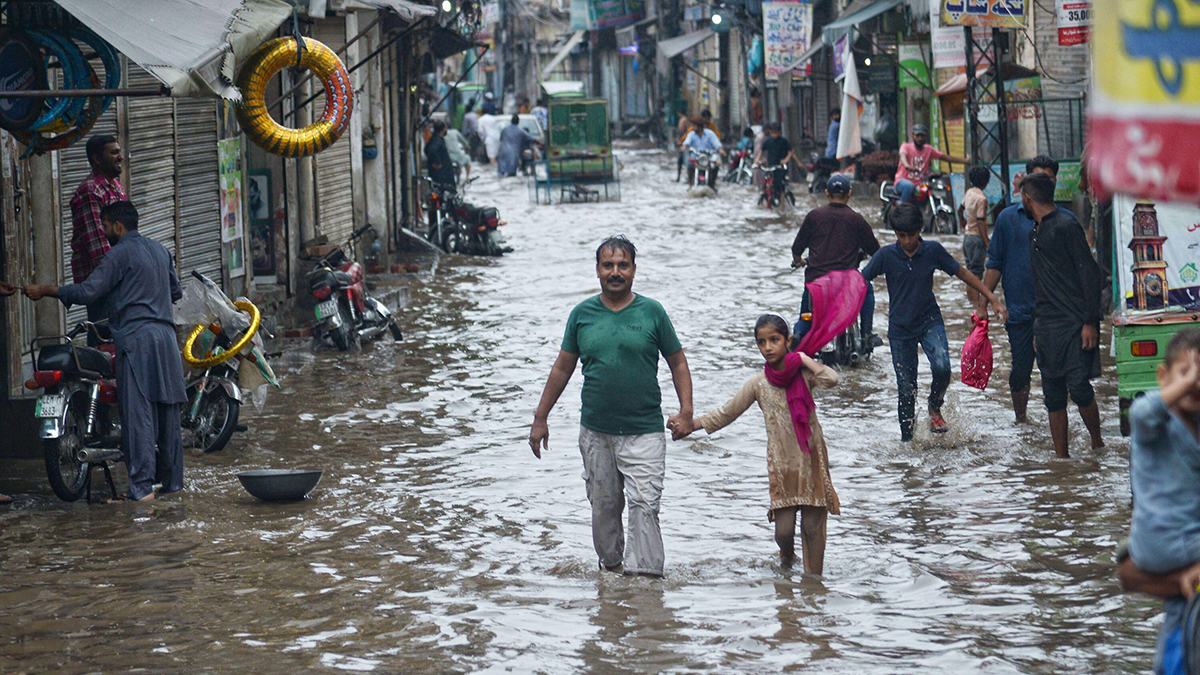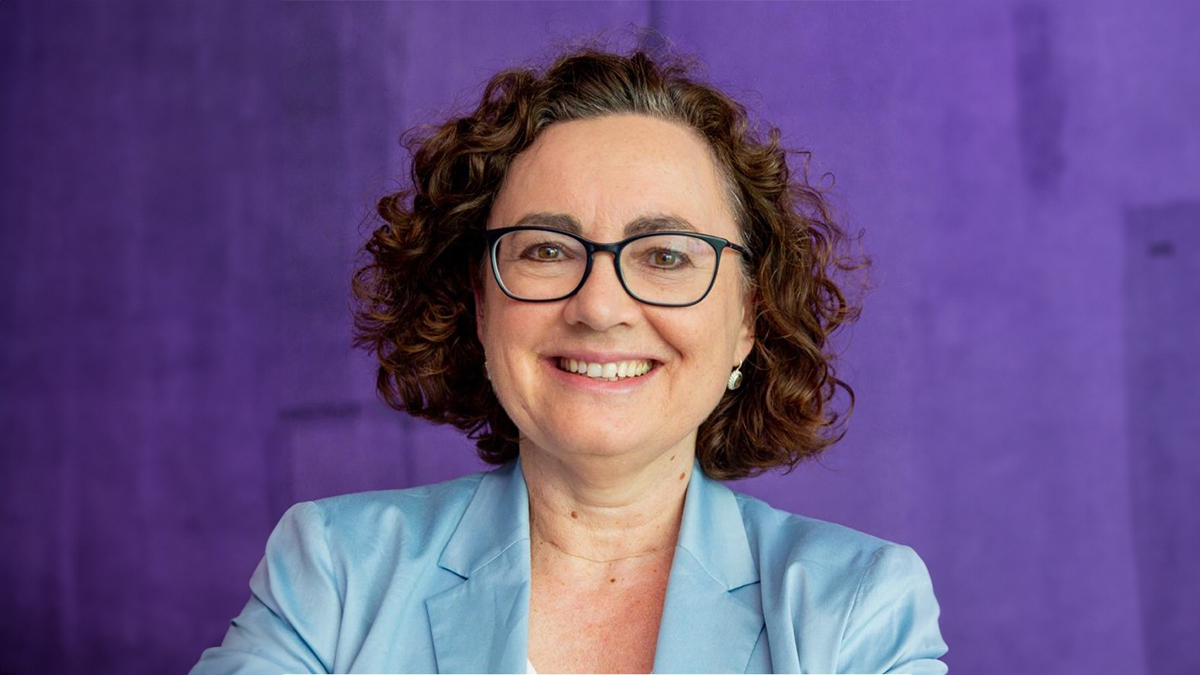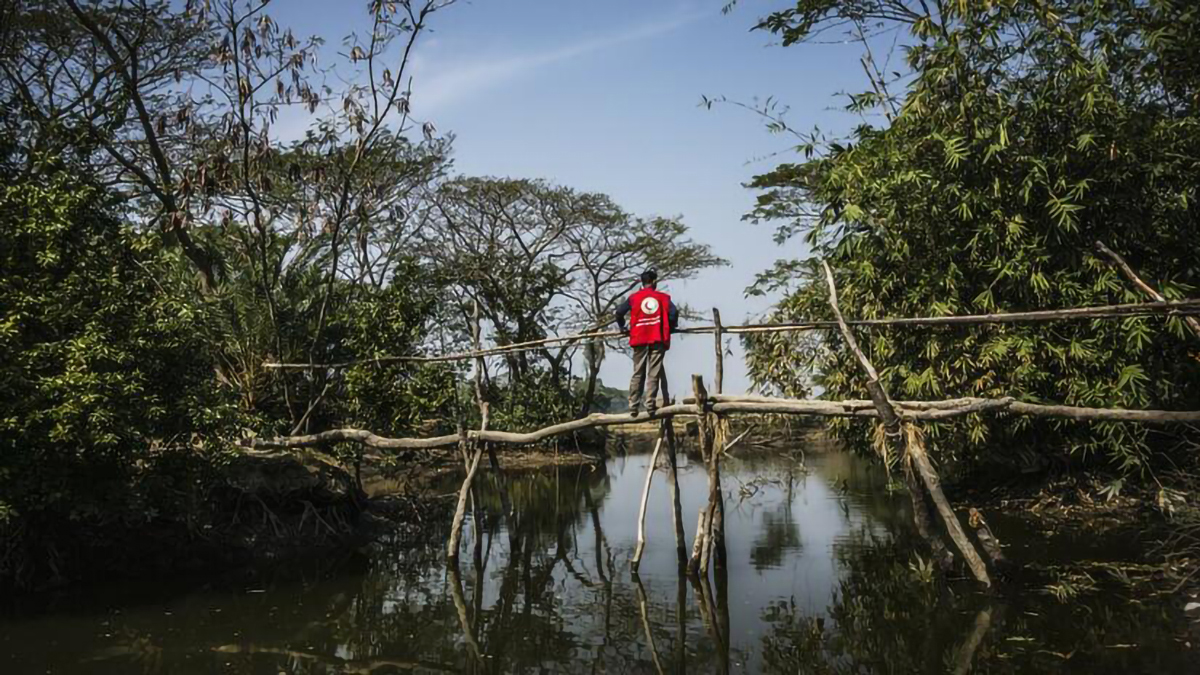ID Comment: Re/insurers face extinction if they don’t adapt to climate change
With Cop28 on the horizon, putting planet before profit is ultimately the only way to manage climate risk
Perhaps reinsurers should gather for talks, not in Monte Carlo and Baden-Baden, but in one of the vulnerable countries that suffer the most from floods, droughts and storms, despite contributing the least to climate change
The runway to Dubai International Airport is indisputably more glamorous than the road to Wigan Pier, but they share a common theme.
The United Arab Emirates (UAE), the world’s seventh-largest oil producer, is hosting the UN’s next round of climate talks, where there will be much handwringing about countries living with, and dying from, the impact of global warming (and poverty).
George Orwell (real name, Eric Arthur Blair) was writing about the industrial north of England, where there was much backbreaking of coalminers living with, and dying from, the impact of pollution (and poverty).
“The world is a raft sailing through space with, potentially, plenty of provisions for everybody,” Orwell wrote.
There were and still are plenty of provisions, but global warming means we must stop digging up the fossil fuel kind.
More famous, probably, for his warnings of a dystopian nightmare (Ministry of Truth etc), Orwell was also a champion of social justice and believed in (almost) every person’s capacity to do the right thing. Doing the right thing is of course subjective, however, and giving with one hand while taking away with the other is a depressingly common practice.
So, on the one hand, the UAE is working with the Risk-informed Early Action Partnership to encourage increased focus at Cop28 on adaptation and resilience. After all, mitigation is not the only show in town – if negotiators are serious about managing the effect, and not only the cause, of climate change, then they will give adaptation and resilience equal billing with the established headline act of cutting carbon emissions. The Paris Agreement on mitigation was cool, but a Dubai Agreement on adaptation and resilience would be cooler still.
There is little chance of that though because, at the same time, the UAE plans to use the climate talks to make oil deals – leaked briefing documents reveal plans to discuss fossil fuel contracts with 15 nations. According to reports, the UAE does not deny using Cop28 for this, asserting that “private meetings are private”. Translation: “business is business”. For as long as oil is used to grease economic wheels, the conference's host will not be the only one spoiling the atmosphere, figuratively and literally.
Similarly, corporations of all shapes and sizes talk from one side of their mouths about meeting their obligations to the climate and from the other side about meeting their obligations to shareholders.
The planet, however, doesn’t have shareholders, unless that word is used as a naïve metaphor for the eight billion of us – and the billions more not yet born – who have no choice but to live and invest here. Elon Musk has not yet found a way to move to Mars, despite the prayers of former Twitter employees that he will. While the eukaryotic and prokaryotic cells we know and love have only one, increasingly less habitable planet, the task of calculating eight billion carbon footprints would make even a supercomputer protest about unfair working conditions.
Corporations of all shapes and sizes talk from one side of their mouths about meeting their obligations to the climate and from the other side about meeting their obligations to shareholders
Reeling from Hurricane Ian, reinsurers saw the January 1 renewal as – no pun intended – a watershed moment. No more would they underestimate the cost to them of extreme weather events. That meant explicitly naming the perils they would not cover, narrowing terms and conditions and raising attachment points. They justified these actions by pointing vigorously to the scary “new normal” of $100bn in annual insured losses from natural catastrophes. Even Edvard Munch couldn’t have portrayed adequately the terror behind their scream. The smartest reinsurers knew the time had come to shift more of the attritional loss on to the primary carriers. Only then could their investors and shareholders breathe a collective sigh of relief. After all, a market is only hard to those who can’t afford it.
The first Cop was as long ago as 1995, but it was only as recently as last year that “loss and damage” moved from being a scribble on a post-it note to a clear entry on the agenda of climate negotiators. At Cop27, agreement was reached to provide funding for vulnerable countries hit hard by climate disasters. Cop 28 will reveal what the “transitional committee” created for this fund has achieved over the past 12 months.
Perhaps reinsurers should gather for talks, not in the casino towns of Monte Carlo and Baden-Baden, but in Somalia or one of the other vulnerable countries that suffer more from floods, droughts and storms than other countries do, despite having contributed the least to climate change. That way, gambling without a thought for the lives and livelihoods of the uninsured might cease. After all, the house never loses against those with the least to lose.
Ekhosuehi Iyahen, secretary-general of the Insurance Development Forum (IDF), urges a change in mindset. “The protection gap is not about charity,” she says. “It’s about creating new markets for an unprecedented era.” Likewise, Daniel Clarke, director of the Centre for Disaster Protection (CDP), calls on insurers to help accelerate pre-arranged financing for crises. For this, he stresses, they will need humility: “We need to shift the discussion away from, ‘Look, there’s a disaster, let’s help’, to ‘There’s disaster risk, let’s help’.”
Insurers are not new to Cops, ever since Mark Carney, the former Bank of England governor, galvanised the finance community in time for Cop26. His pledge – that $130trn under management globally would be deployed to limit global warming – was made on behalf of the Glasgow Financial Alliance for Net Zero, the grouping of banks, asset managers, insurers, pension funds and other money managers Carney had launched in April 2021.
Cue a series of initiatives from the insurance industry unveiled at Cop27, including the IDF’s Global Risk Modelling Alliance and the G7 and V20’s Global Shield against Climate Risks. Kipkorir Koskei, head of strategic partnerships and policy at the IDF, says Cop27 showed the insurance sector was waking up to the idea of what it could offer. “At previous Cops, you’d more likely bump into bankers than insurers, but this year I think we’ll see insurers, reinsurers and their brokers all occupying an equal amount of space as the finance community.”
There is good reason for such optimism. In September, the International Federation of Red Cross and Red Crescent Societies (IFRC), in collaboration with Aon, Lloyd’s Disaster Risk Facility and the CDP, announced a pioneering approach to disaster response. This reinsurance product provides a backstop for the IFRC's Disaster Response Emergency Fund.
In a recent webinar about the role re/insurers can play in addressing adaptation and resilience, Julian Richardson, chief underwriting officer for green solutions at Munich Re, said: “We need to be bolder about demonstrating the value of insurance because resilience finance is what insurance is. The more people we're able to protect, the more communities we are able to support, the better chance they are going to have of long-term sustainable development.”
Fortune for the planet favours the brave re/insurers who are willing to be part of a new era of risk transfer but, as Orwell wrote in The Road to Wigan Pier, “Your wish has no efficacy unless you grasp what it involves.”



